ways to foster
types of fostering
types of foster care
While all children are different, and therefore require unique care, it’s safe to say what they all deserve is a safe home with a loving family. Providing this foundation can allow children to enjoy life to the fullest, express themselves and thrive as they grow.
Fostering can mean an overnight stay, a short-break or something more long-term. With Foster Wales Caerphilly there are a number of types of foster care, so it’s less about time constraints and more about the positive impact that time has on everyone involved.
short-term foster care
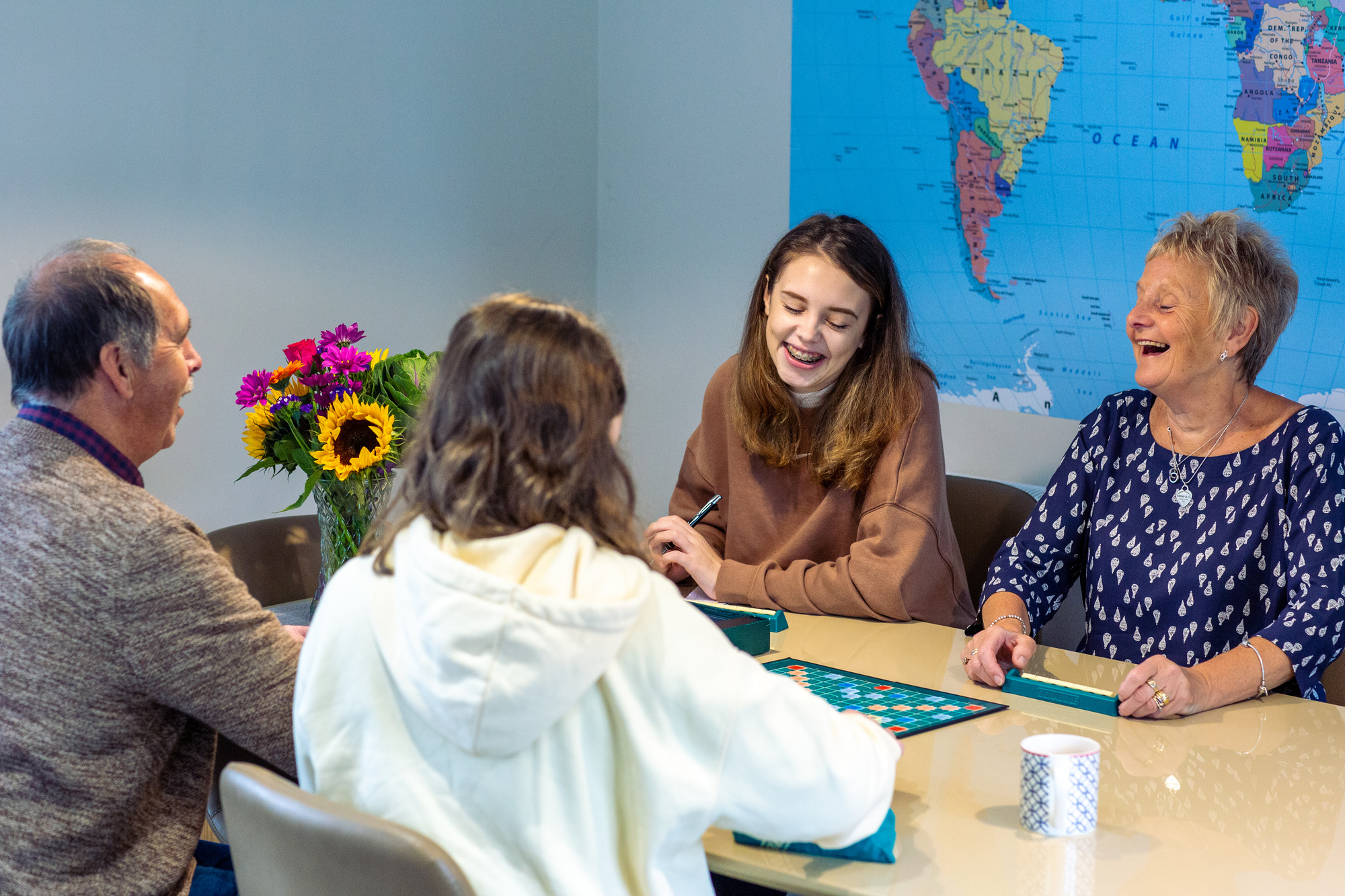
The Foster Wales Caerphilly short-term foster care opportunities can be a day, a month, a year or anything in between! It means that the plans for a child are still being thought through, and we’re still working out what the future might look like.
As a short-term foster carer, we help you to be there for a child while we’re securing the ‘long-term’ (sometimes called permanence). This means being present and supportive whenever they need you, and helping them to then take their next steps: to their family, another foster family or adoption.
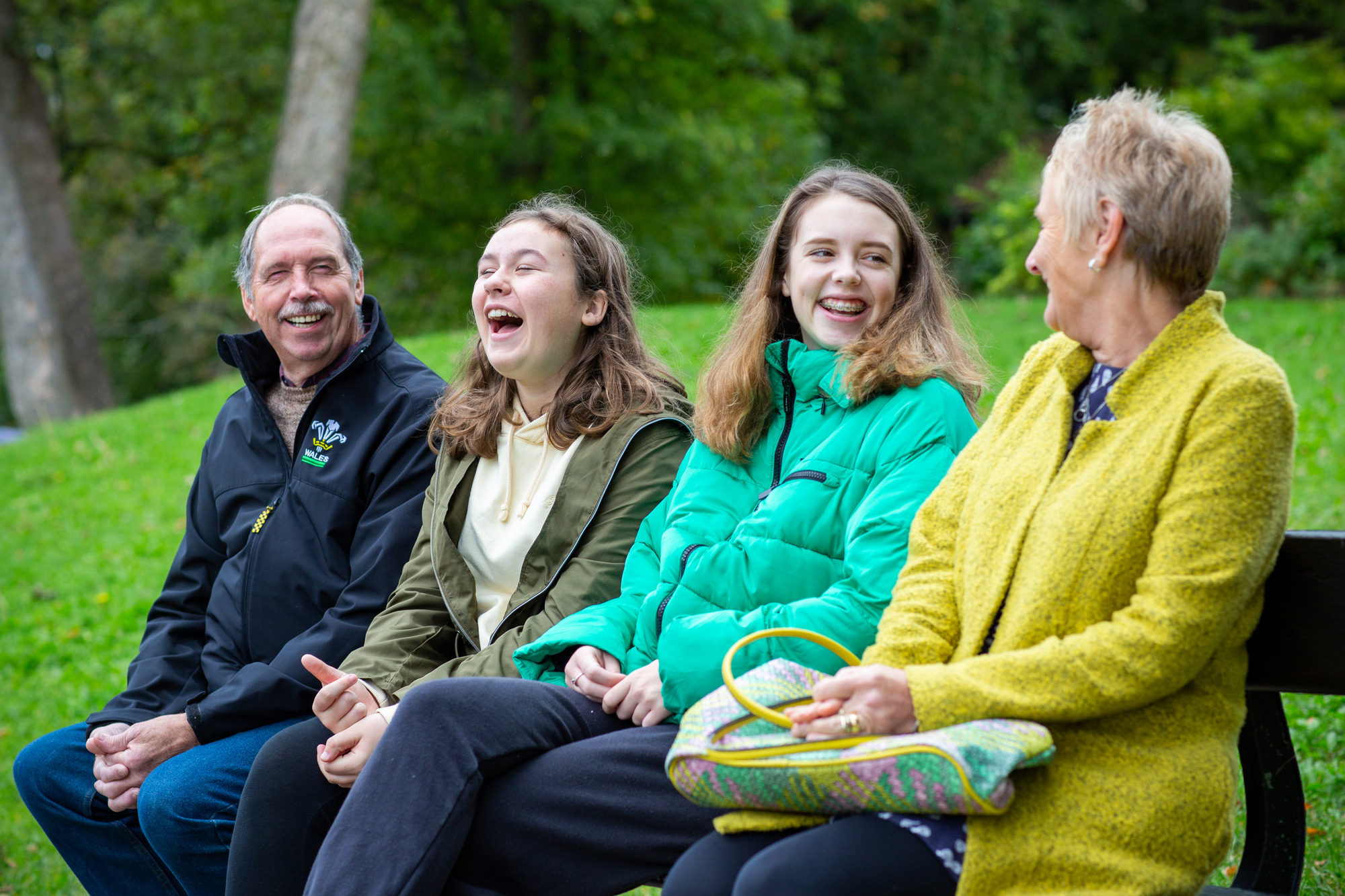
For us and the children we work with, the length of time doesn’t decide the impact you have. If you have a warm heart, an open mind and the willingness to share that with foster children that need it, the benefits for you and them will be truly priceless.
long-term foster care
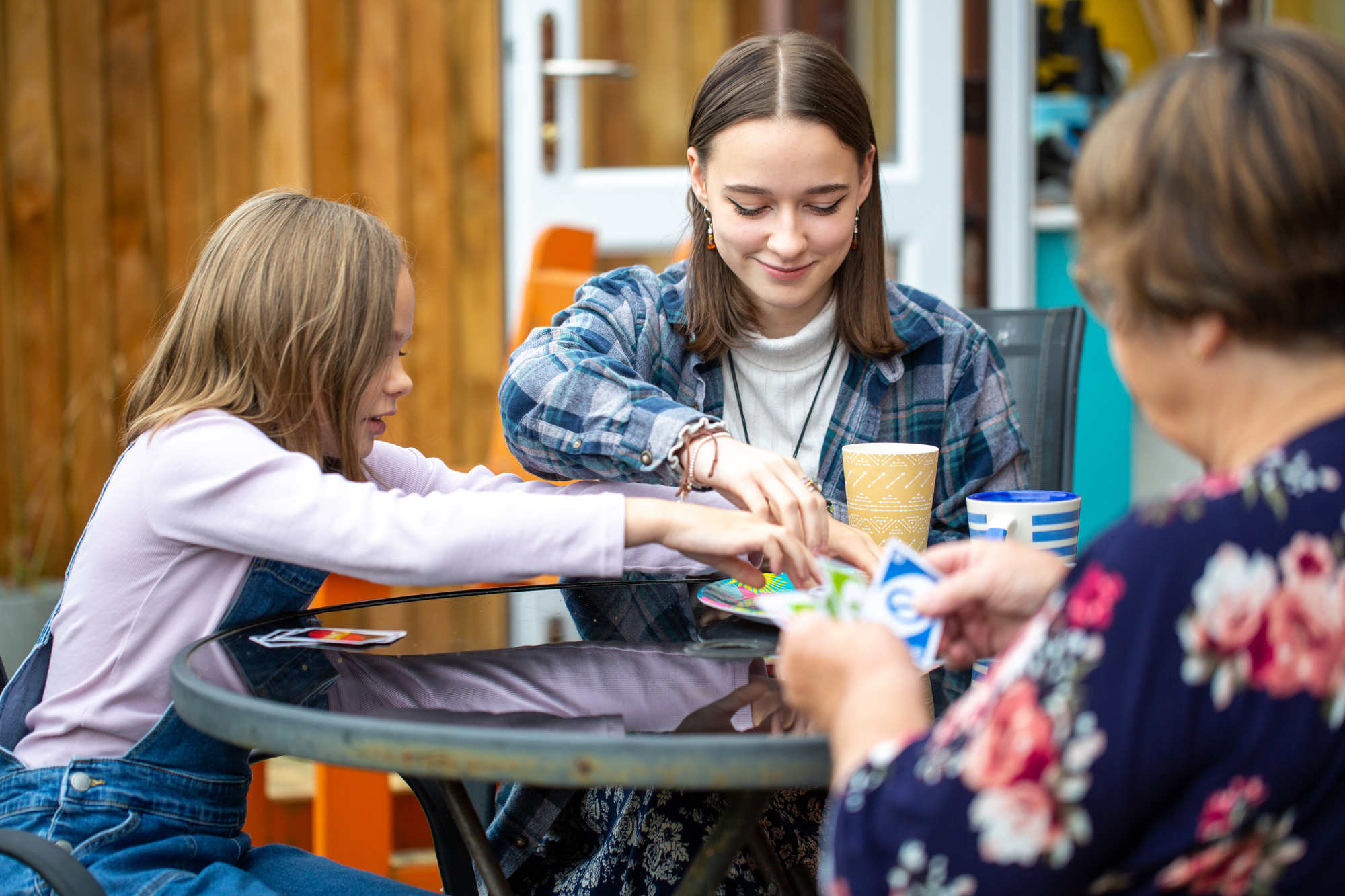
For children who can’t live at home, long-term foster care represents a new home with a different family. It’s a big change to anyone’s life, so we make sure each child stays connected to the community and people they know best – when this is right for them.
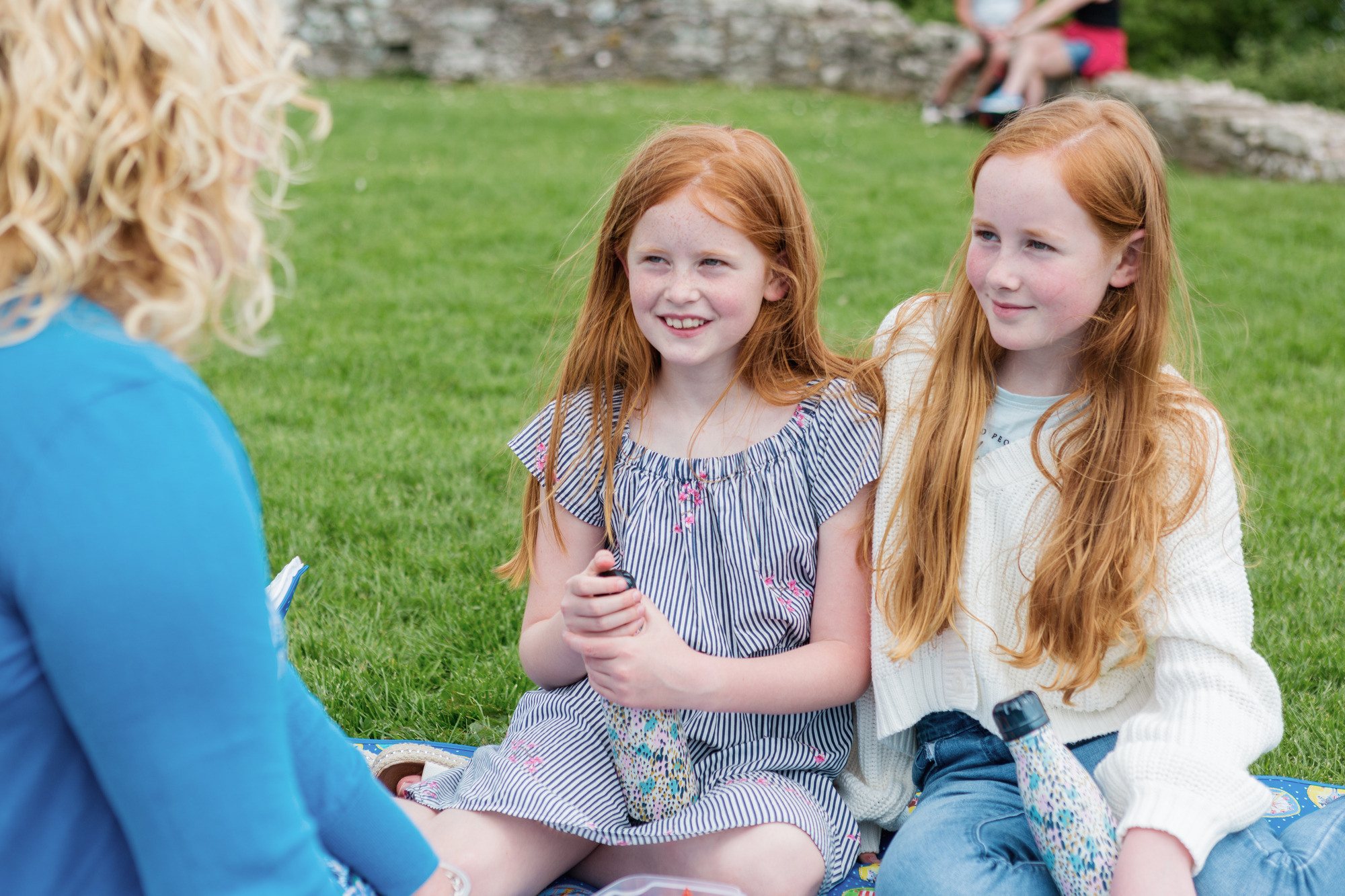
Caerphilly long-term foster care involves thoughtful matching, bringing together the right child with the right foster parent for as long as they need you. It’s about providing a safe environment, where they can develop positive new relationships and learn to be themselves. For a child it means a stable foster family, for life.
specialist kinds of foster care
Short-term and long-term cover all kinds of foster care, including some more specialist types which have a specific type of approval. These include…

short breaks
Sometimes we all need space to breathe. That’s the aim of short breaks – where children spend a little time away from the norm to experience new things.
Short breaks (also sometimes called ‘support care’) can mean caring for a child overnight, during the day or over the weekends. It’s about offering new experiences and opportunities as regularly or irregularly as needed by the child and their family. As a short breaks carer, you become an extension to this family and provide the chance to write the next chapter of their lives. While having plenty of fun along the way, of course!
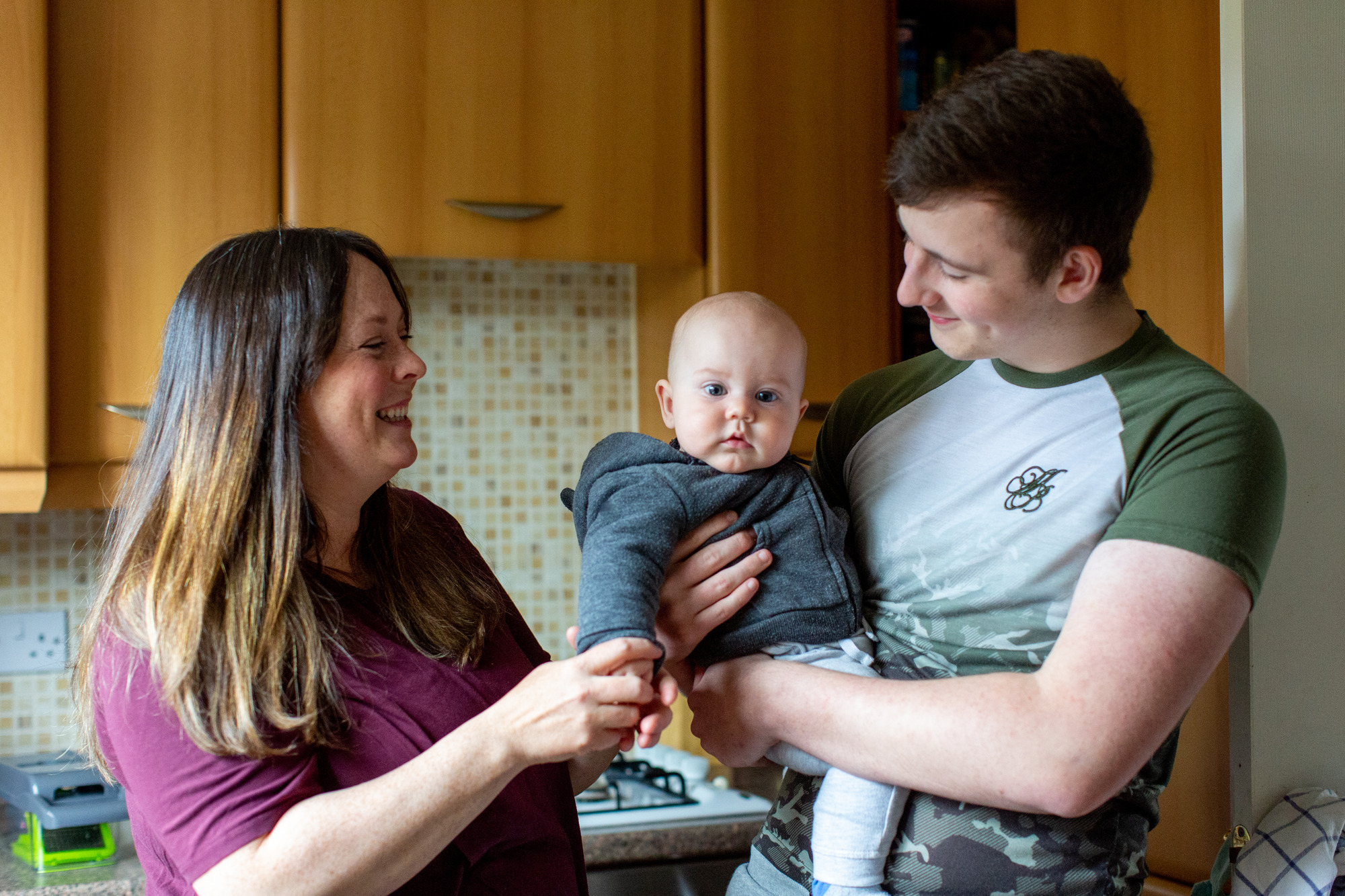
parent and child
With parent and child placements, you share your own parenting experience with someone wanting to offer their own child the best love and care possible. They might lack the experience they need to do everything on their own, and that’s where you come in.
You nurture the next generation so that they can do the same. This is all about guiding parents to improve, both personally and for their child.
Read More: parent and child fostering in caerphilly

therapeutic care – My Support Team (MyST)
When fostering children in the Caerphilly area you can choose to nurture those with potentially more complex emotional or behavioural needs. Needs that sometimes require a different kind of care.
That’s where therapeutic care comes in. Therapeutic foster carers have an extra level of support available, to make sure their foster children are getting everything they need to learn, succeed and enjoy all the fun of a love-filled childhood.
Here is a short film of some of our wonderful foster carers. Find out more: My Support Team
supported lodgings
Leaving home is daunting and exciting for any young person. When a young person is leaving foster care or doesn’t have family to support them, this can be more challenging.
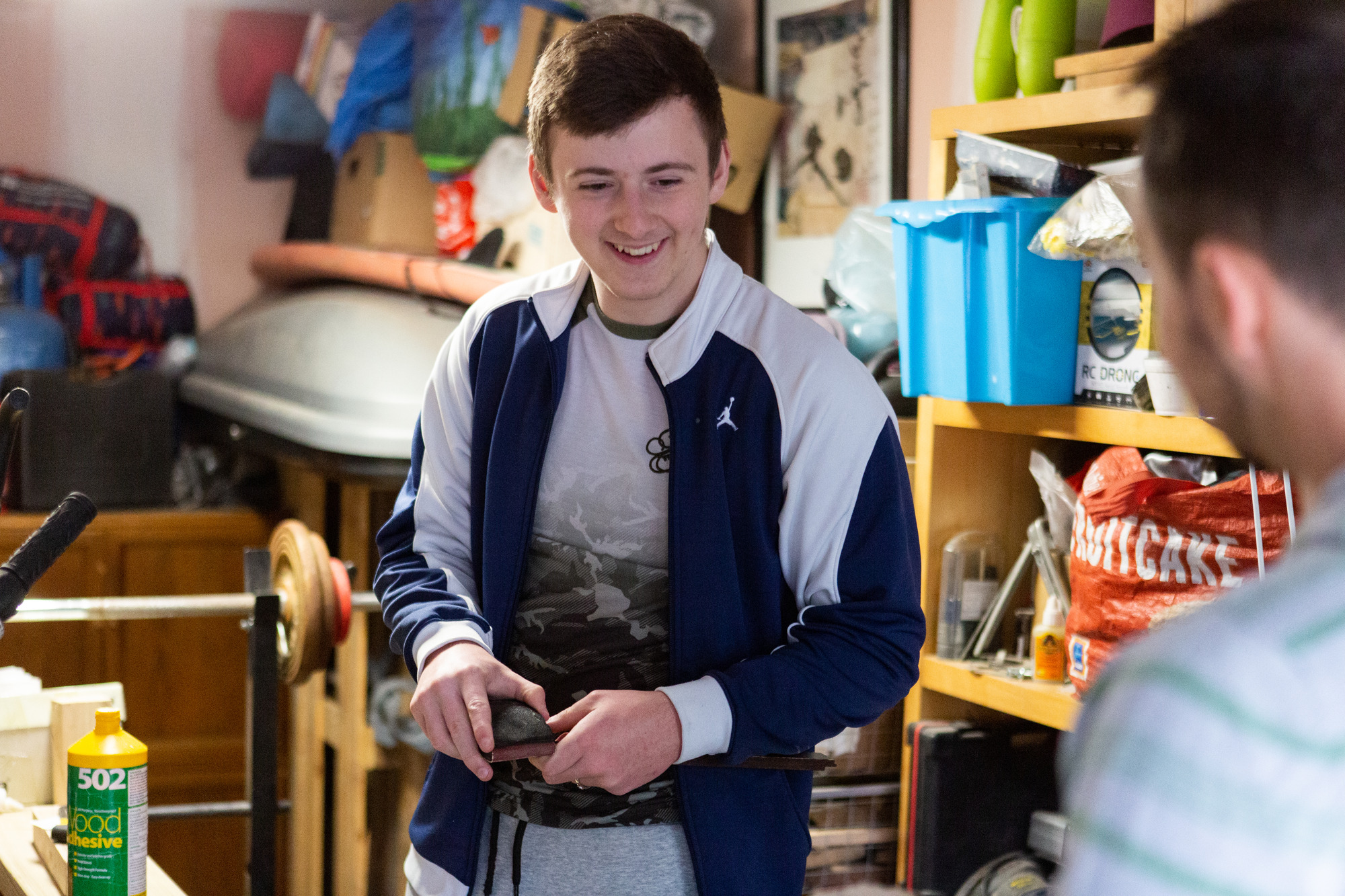
You could help a young person aged 16-21 by providing a bridge between care and living independently. You’d support the young person in a similar way to a lodger. You wouldn’t be registered as a foster carer and will be assessed differently.
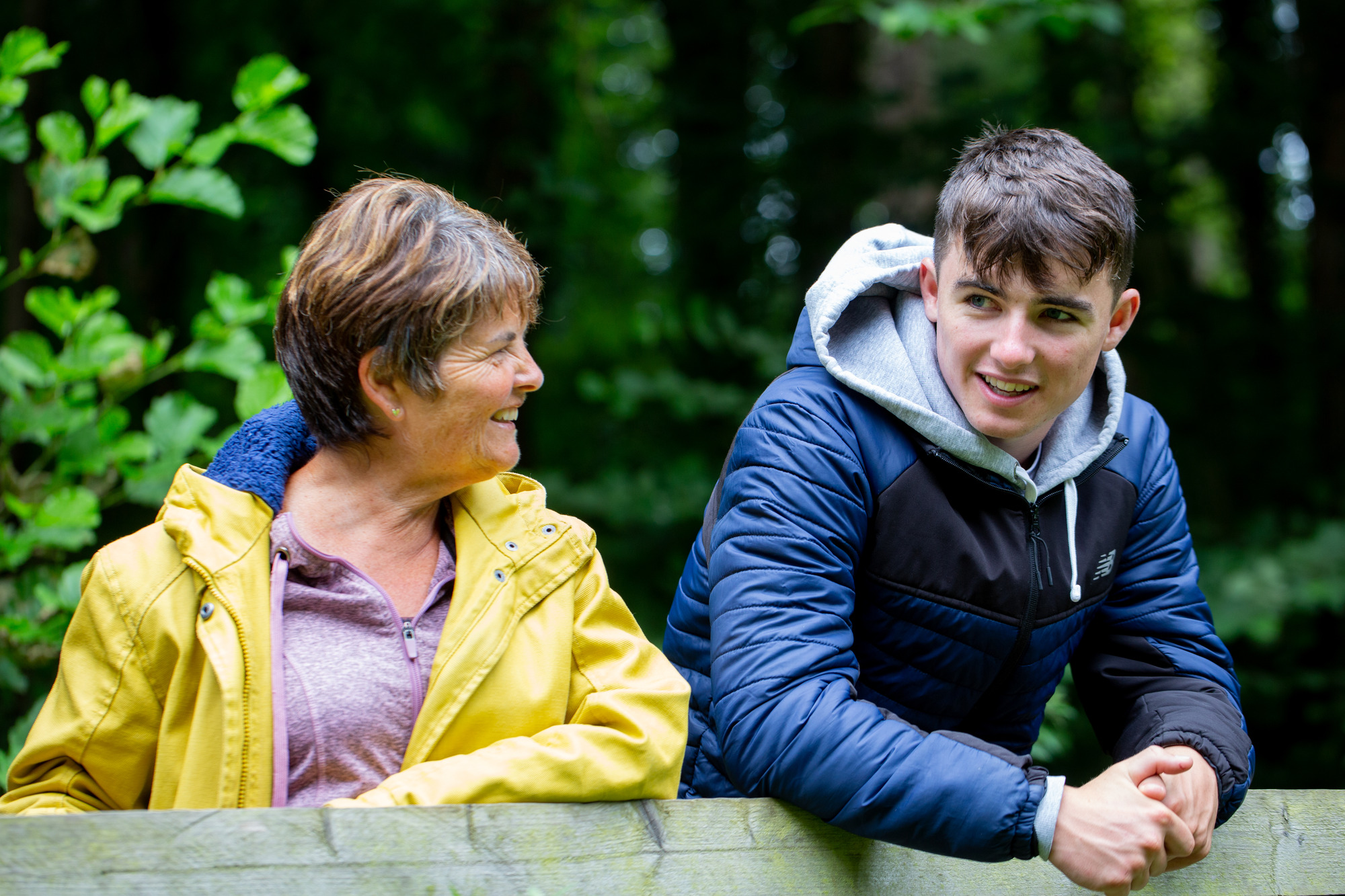
You’d provide them with a spare bedroom but also help them to attend education, job-seeking or training and with life skills like cooking and budgeting. Supported lodgings is a great way to get started in caring for young people, alongside your other commitments.

